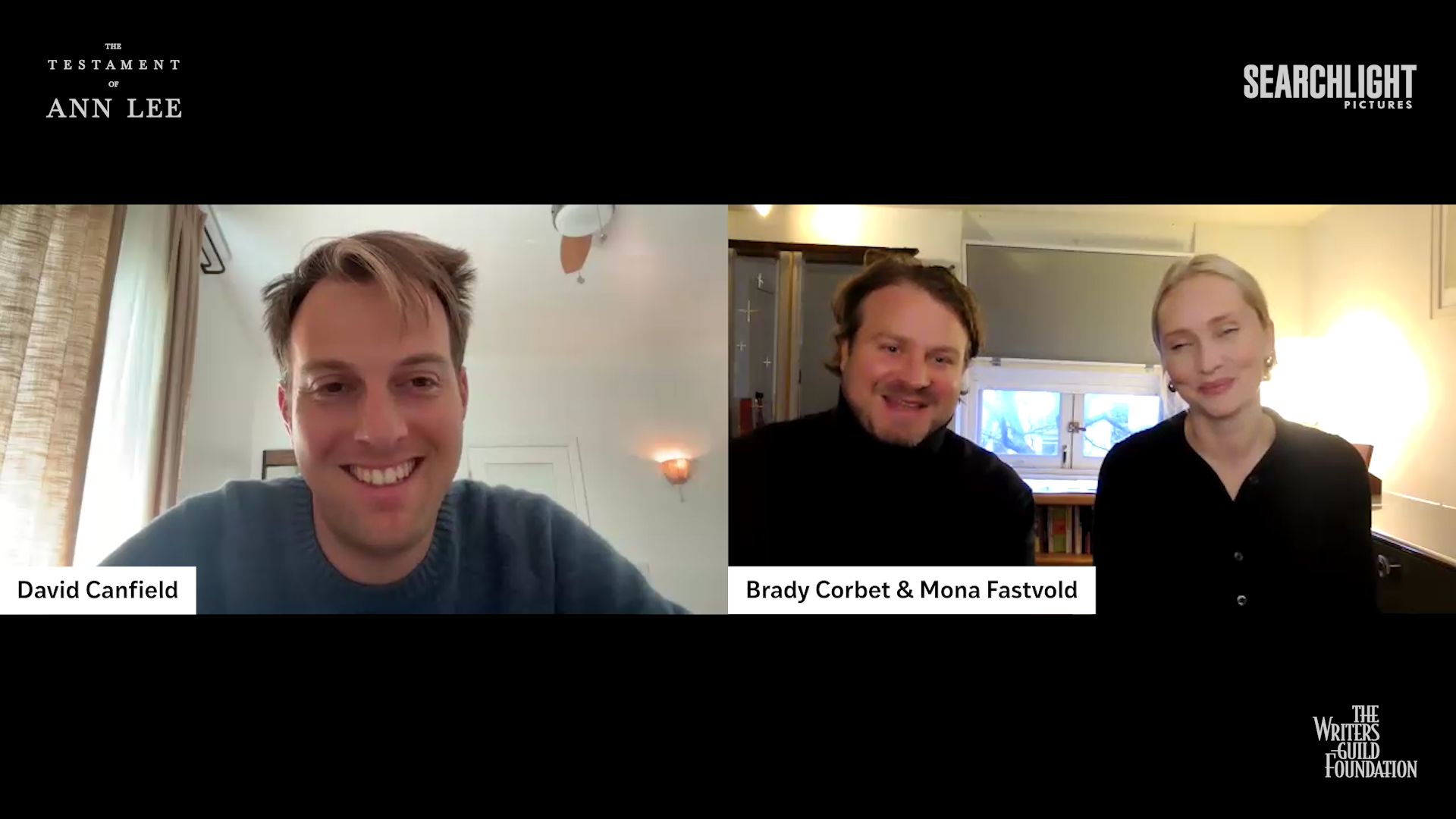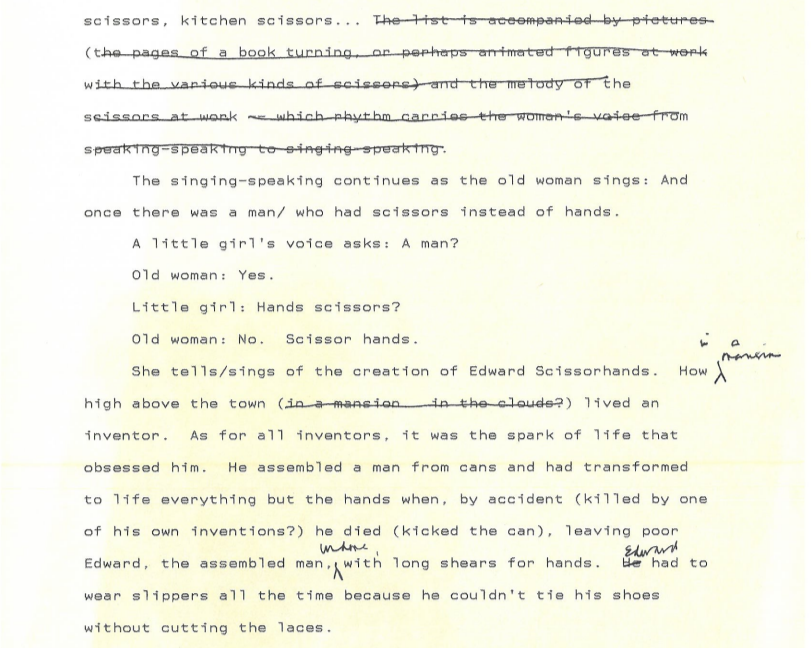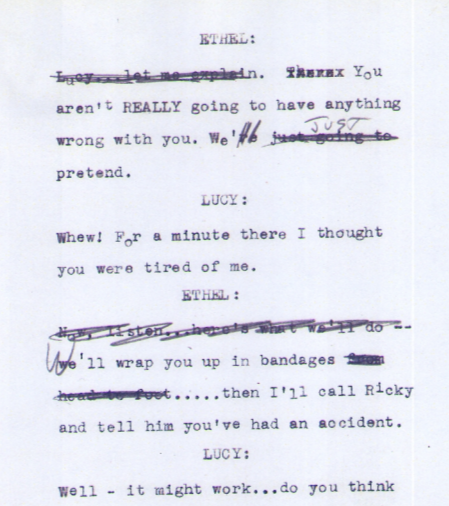
Blog Posts by Date
- December 2025
- August 2025
- June 2025
- May 2025
- April 2025
- March 2025
- February 2025
- January 2025
- December 2024
- November 2024
- September 2024
- May 2024
- March 2024
- January 2024
- December 2023
- November 2023
- October 2023
- September 2023
- April 2023
- March 2023
- February 2023
- January 2023
- December 2022
- October 2022
- July 2022
- June 2022
- May 2022
- March 2022
- February 2022
- January 2022
- December 2021
- November 2021
- October 2021
- August 2021
- May 2021
- April 2021
- March 2021
- February 2021
- January 2021
- December 2020
- November 2020
- October 2020
- September 2020
- August 2020
- July 2020
- June 2020
- May 2020
- April 2020
- March 2020
- January 2020
- December 2019
- November 2019
- October 2019
- September 2019
- August 2019
- June 2019
- May 2019
- December 2018
- October 2018
- September 2018
- August 2018
- July 2018
- June 2018
- May 2018
- February 2018
- January 2018
- December 2017
- November 2017
- October 2017
- September 2017
- August 2017
- July 2017
- June 2017
- May 2017
- April 2017
- March 2017
- February 2017
- January 2017
- December 2016
- September 2016
- August 2016
- July 2016
- June 2016
- March 2016
- February 2016
- January 2016
- December 2015
- November 2015
- October 2015
- September 2015
- August 2015
- July 2015
- June 2015
- May 2015
- April 2015
- February 2015
- January 2015
- December 2014
- November 2014
- October 2014
- September 2014
- August 2014
- July 2014
- June 2014
- May 2014
- April 2014
- March 2014
- February 2014
- January 2014
- November 2013
- October 2013
- September 2013
Categories

Searchlight Pictures Q&A with THE TESTAMENT OF ANN LEE's Mona Fastvold and Brady Corbet
The Testament of Ann Lee Director and Co-Writer Mona Fastvold and Co-Writer Brady Corbet sit down with David Canfield (Senior Entertainment Writer, The Hollywood Reporter) for an insightful conversation on their new film. Learn more about how Fastvold and Corbet prioritized their freedom in the creative process despite constraints, how their perspectives on the film’s themes creates a dialogue with the material, and how trusting their personal tastes and interests defines the work they accomplish.

Read it in the WGF Library: The Caroline Thompson Collection
This blog post highlights Caroline Thompson’s collection available in the Writers Guild Foundation Archive. The Caroline Thompson Collection contains notecards, treatments, annotated script drafts and more from Thompson’s most enduring films, including Edward Scissorhands, The Nightmare Before Christmas, The Secret Garden and more.

Read it in the WGF Library: I LOVE LUCY
This blog post highlights the Writers Guild Foundation's collection of 154 I Love Lucy scripts, including some with hand-annotations, available to read in the library with an appointment.

Disney+ Q&A with ANDOR Creator Tony Gilroy and Writers Tom Bissell, Dan Gilroy, and Beau Willimon
Andor Creator/Executive Producer/Writer Tony Gilroy and Writers Tom Bissell, Dan Gilroy, and Beau Willimon join NPR TV Critic Eric Deggans for a behind-the-scenes look at season two of the Disney+/Lucasfilm series.
